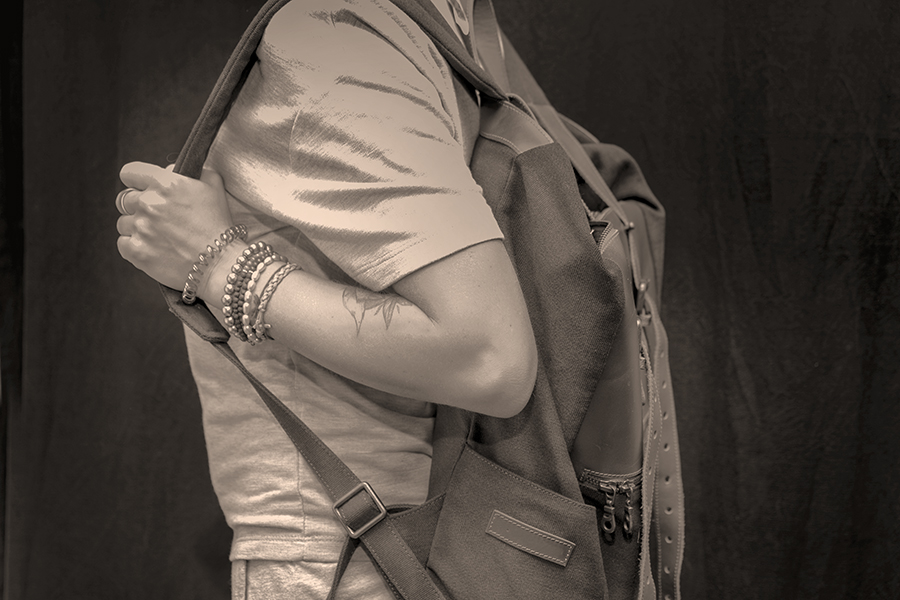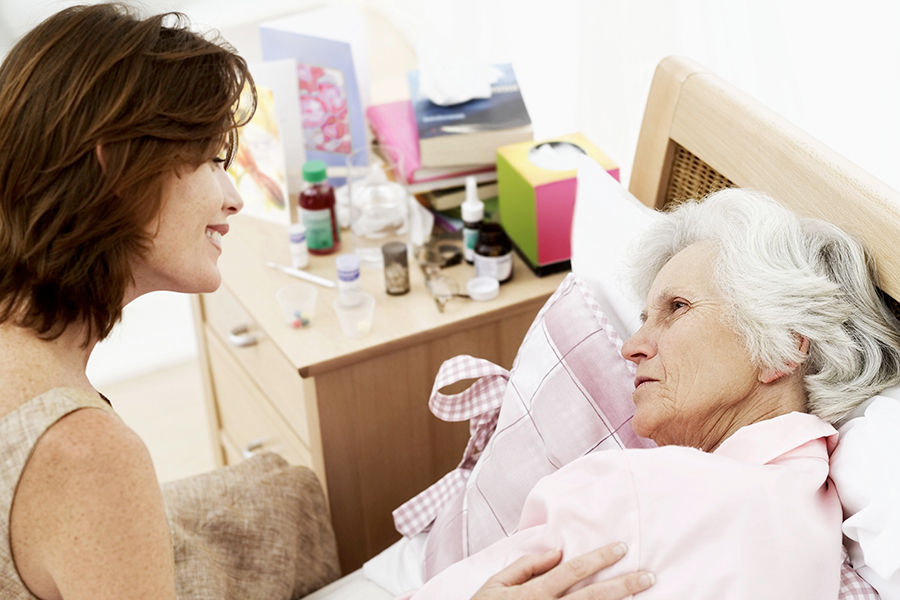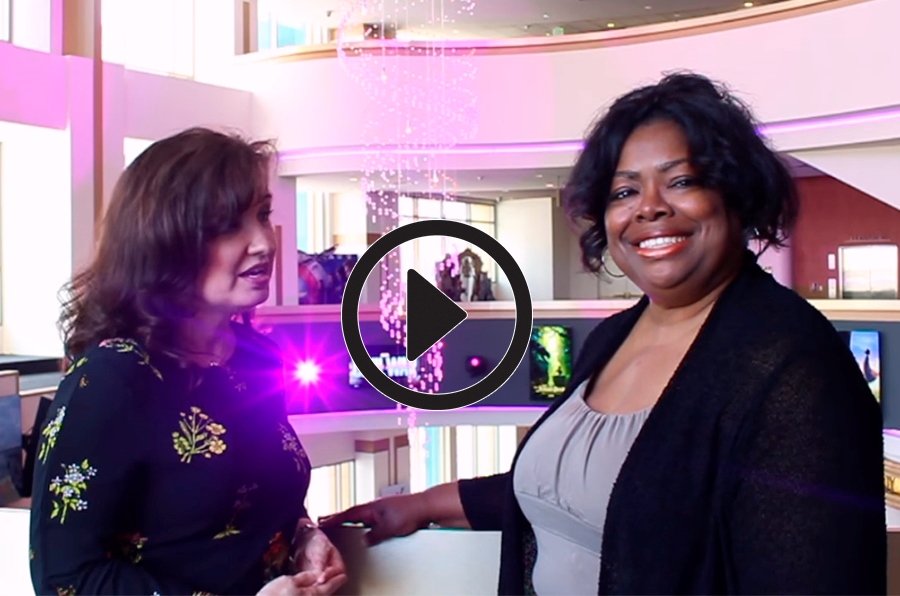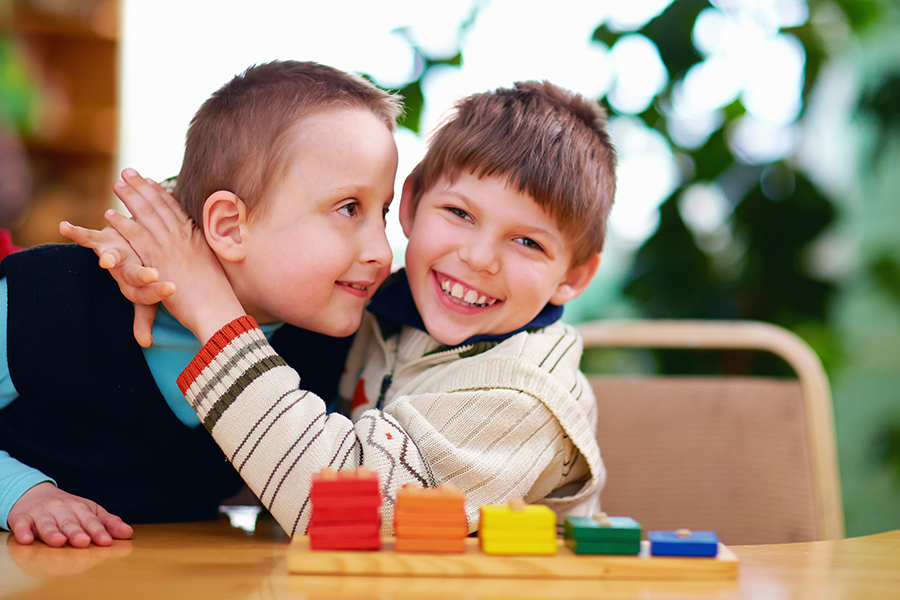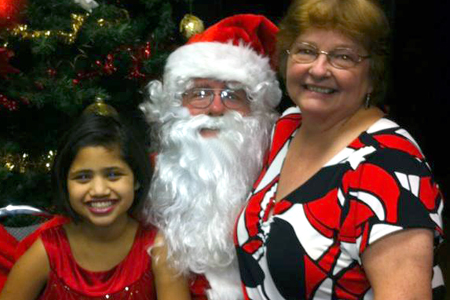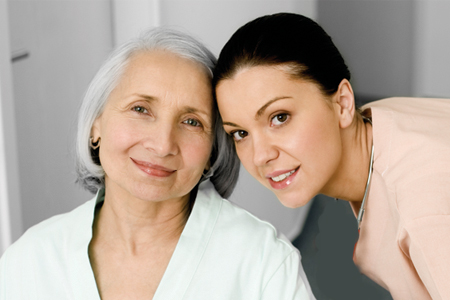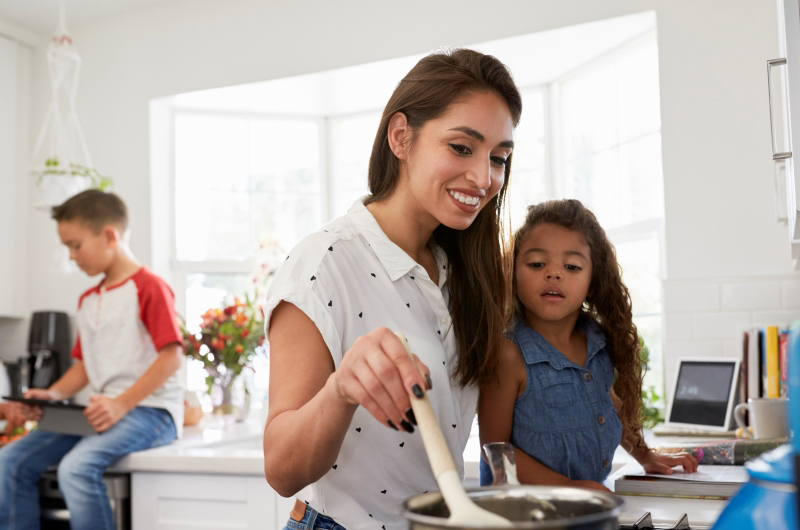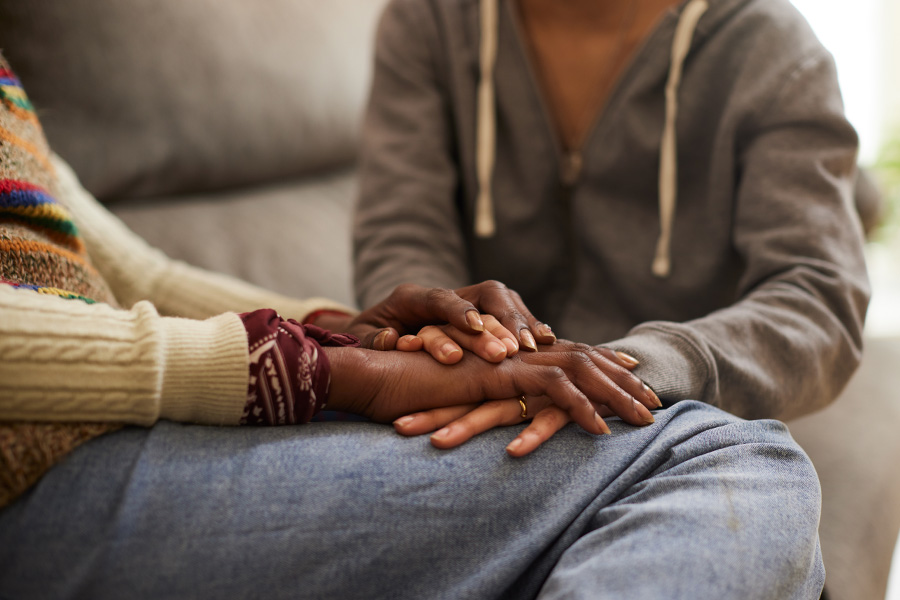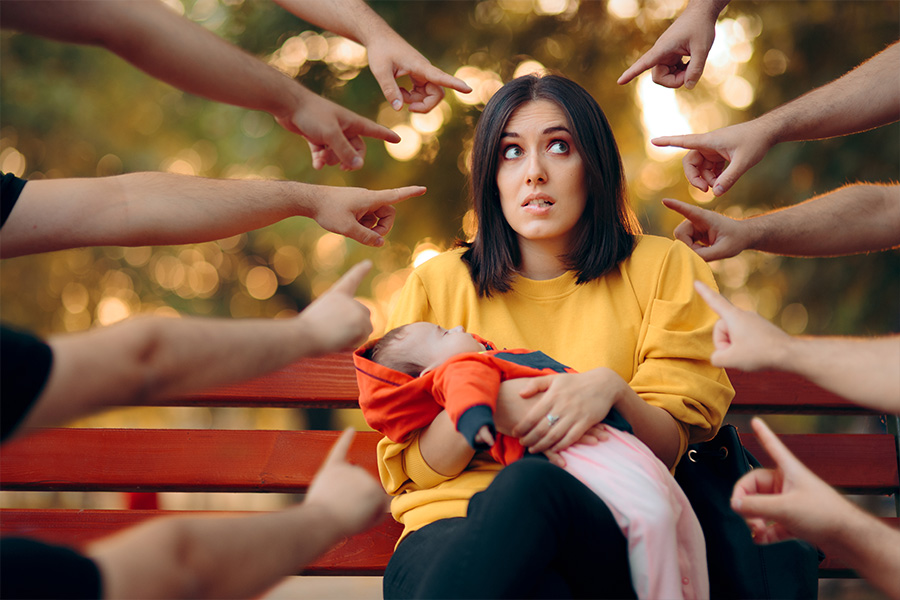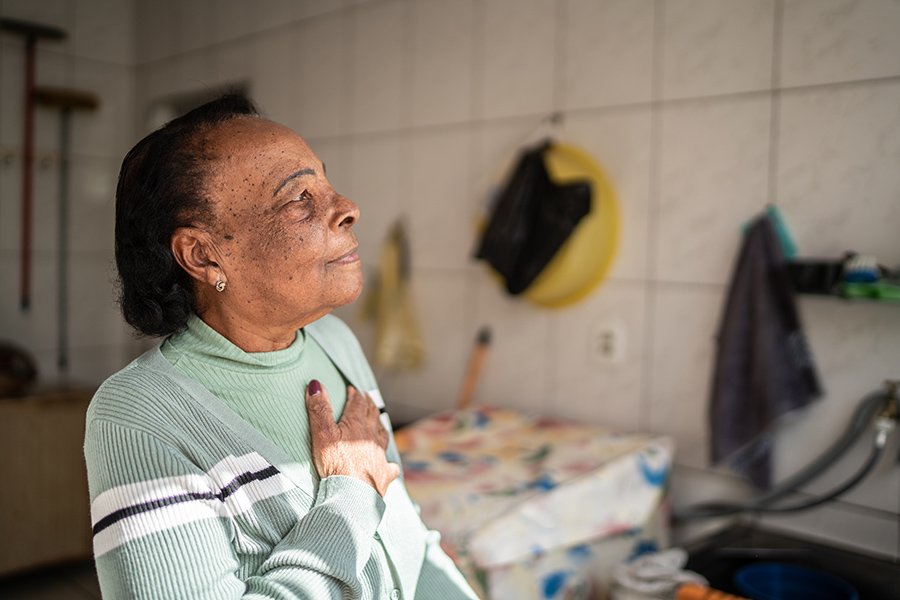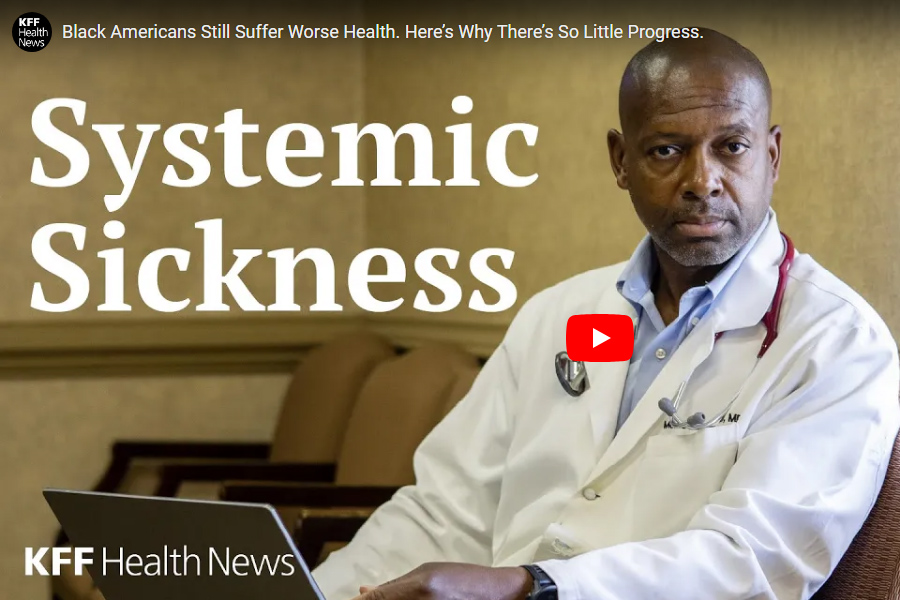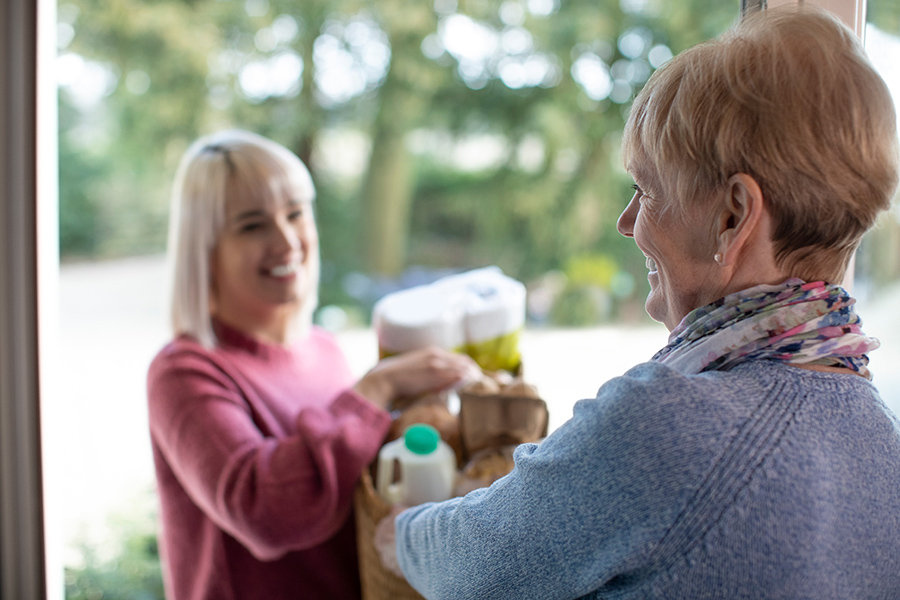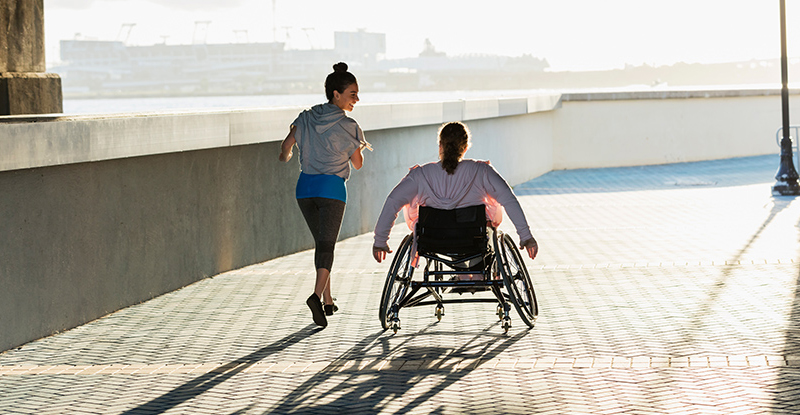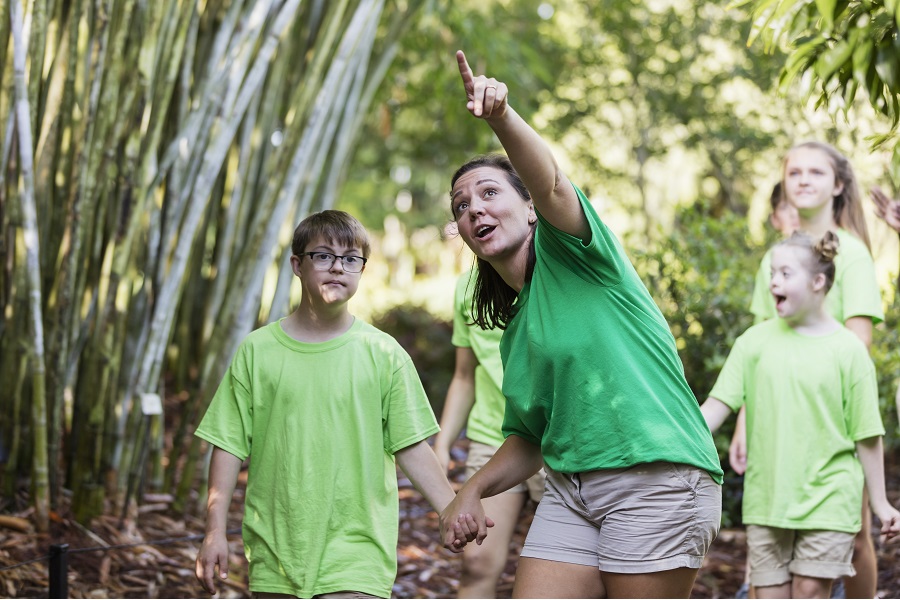We all carry an emotional backpack that holds our memories and life experiences…After this worldwide epidemic, we will have some sorting to do.
Depending where you live, things might be starting to look a little more normal as restrictions over COVID-19 lessen. Summer might not include camps or community pools, but you might see more people out and about, restaurants and parks re-opening, churches gathering, traffic increasing. In other words, the world begins to unfurl itself again as we come out of our cocoons.
I’m ready and I’m not.
I process trauma belatedly. In the moment I am calm, collected and poised for action. It’s afterwards that it catches up with me. The day the head of the NICU told me my son, Charlie, had brain damage, I kissed Charlie’s head, fed him, drove home and cooked dinner. Much, much later, after my husband was asleep, I sat out in the dark on my back porch and cried until I was hoarse and dizzy. The same thing happened after each of his seizures and the time he contracted RSV and when I went into labor with my twins, his little brother and sister, at thirty weeks. I stayed calm until I had the time to lose it in peace and quiet.
We all carry an emotional backpack that holds our memories and life experiences—the good and the bad. Some people’s loads are heavier than others. After this worldwide epidemic, we will have some sorting to do.
Sifting through the emotions that we carry is important for a number of reasons.
- It allows you to process the emotions you may have ignored in the crisis moment.
- It reveals how this emotional baggage is affecting your relationships and mental health.
- It lets you see what you’re carrying so you know what to put down.
- It frees you to move into the next stage of life lighter than you started.
Here are a few questions to ask yourself about your positive coping mechanisms, before you go digging deep into your emotional backpack:
- Do you have a good support system of friends, family and/or therapist to call when you need them?
- Do you eat healthy? Get enough sleep? Find a way to move your body that is energizing and not draining?
- Do you have a hobby that you love so much you lose track of time?
All or any of the above can lend you strength as you begin to unpack the backpack. Just as there was anxiety when the world closed its doors during the outbreak, there will be anxiety as it begins to open again. The first time you eat in a restaurant. The first time you take off your mask at the grocery store. The first time you have to take your child to the doctor or to a therapy appointment. The first time you fly on a plane. All of these previously normal activities are bound to cause stress because of the emotional baggage we have all picked up during these long months of isolation. Let yourself accept that these things will feel strange for a while.
Our new reality might resemble what is was before quarantine, but it won’t feel the same. That’s when you fall back on your coping strategies: your phone calls to friends, your long walks, your favorite sourdough recipe you perfected during the long, lonely months. Do what you need to do to take care of yourself as you examine these new feelings of anxiety over formerly normal activities.
Approach each of these experiences with a simple process:
- Acknowledge your reaction.
- Accept that it came from a place of emotional trauma based on recent events.
- Adapt with a coping mechanism that allows you to live in the present and look towards the future.
As you work through each of these moments with positive responses, the backpack will start to feel lighter. It’s teaching your mind and body that you don’t have to just react, you can process and grow.

Jamie Sumner is a special needs mom, author and blogger.
Discover her new book, Unbound: Finding Freedom from Unrealistic Expectations of Motherhood.
Read her blog, The Mom Gene.
Follow her on Facebook.






